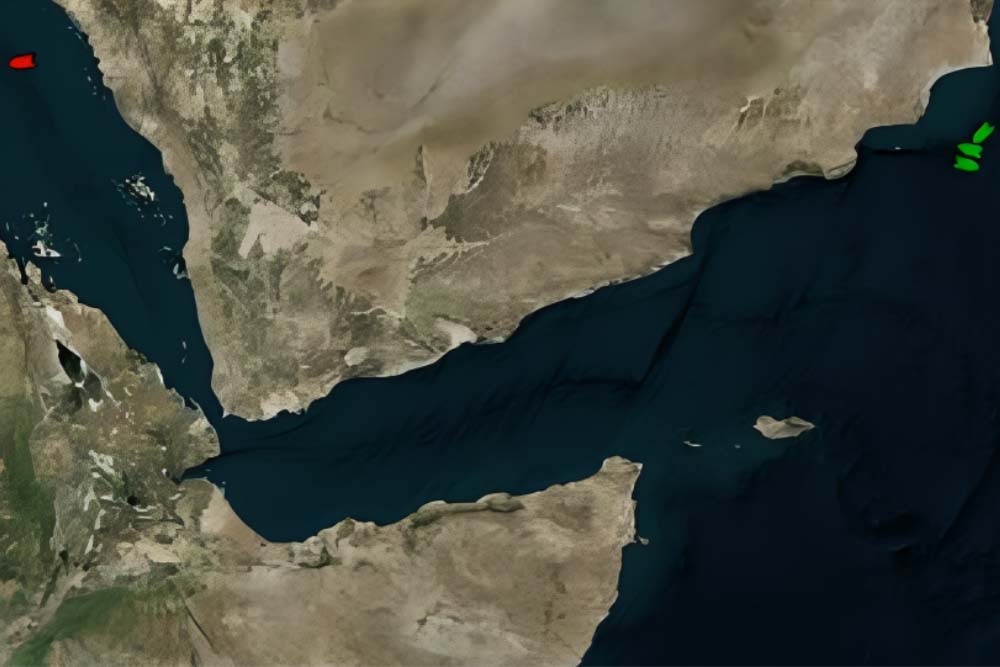
Spending in Qatar of over $200 billion to improve infrastructure, expand the North gas field, host the 2030 Asian games, and initiatives to diversify the economy away from hydrocarbons have strengthened the country’s position as a potential investment destination. Against this backdrop, the Qatari economy is set to grow at an average annual rate of 3.1 per cent over 2023-25, forecasts GlobalData.
According to the Macroeconomic Outlook Report: Qatar, the country witnessed an improvement in its economy and financial reserves due to a strong oil and gas industry in 2022, and this is expected to be sustained in 2023. The Middle East nation recorded substantial surpluses in both the fiscal and current account balances in 2021 and 2022, which are projected to rise further in 2023. The energy crisis that led European nations to stop relying on Russian gas has also enabled Qatar to consolidate its position as the world’s leading supplier of liquefied natural gas.
Maheshwari Bandari, Economic Research Analyst at GlobalData, comments: “Qatar’s real GDP growth is projected at 3 per cent, unemployment rate is forecast at a low of 0.1 per cent, and real household consumption expenditure is estimated to rise by 4 per cent in 2023.”
Mining, manufacturing, and utilities sector contributed 35.2 per cent to the gross value added (GVA) in 2022, followed by the construction sector (12.6%), and the wholesale, retail and hotels sector (9.1%). According to GlobalData, in nominal terms, the three sectors are forecast to grow by 3.2, 2.7 and 5.2 per cent in 2023, respectively.
Qatar is expanding its North gas field with six LNG trains that are expected to increase its LNG capacity from 77 million tonnes per annum to 126 million tonnes per annum by 2027.
The Russia-Ukraine war has opened commercial and diplomatic opportunities for Qatar to increase energy sales to Western countries amid sanctions on Russia and tensions with other Gulf Arab states. In November 2022, Qatar signed a 15-year deal with Germany to supply up to two million tonnes of gas from 2026.
Bandari concludes: “Over the medium term, Qatar’s emphasis on expanding gas fields and initiatives to diversify the economy with ambitious green energy projects including the construction of two significant solar projects that would more than double the country’s current renewable energy output within two years are expected to make it a favourable investment destination for global investors.”






